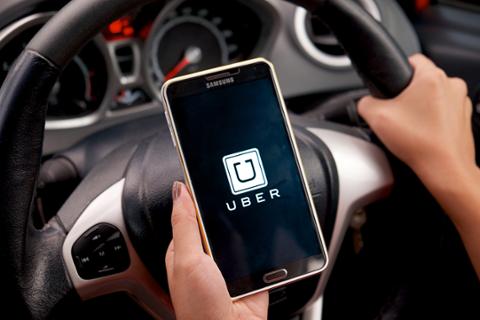Will the Uber Decision Kill Ride-Sharing?
Earlier this week, the California Labor Commission smacked Uber with a spectacularly bad bit of news, ordering the ride-sharing startup to start treating its drivers like employees rather than third-party contractors. Why is that bad for Uber? If the company loses its planned appeal, it could be forced to recognize its vast pool of California drivers as employees, which could cost it a mammoth sum in benefits and compensation, including Social Security payments. (It would also create a paperwork headache for Uber's internal divisions, to put things mildly.) At the same time, an upheld ruling could prove beneficial to those drivers, who would enjoy employee-level protections, such as workers’ compensation. According to Reuters, the ruling hinges on Uber’s involvement in pretty much every aspect of its operation, from the apps and phones that drivers use to the prices set for rides. “Without drivers… Defendants’ business would not exist,” the ruling suggested at one point. In the eyes of the Labor Commission, that makes the drivers employees, as opposed to contractors. If other states adopt California’s perspective on Uber’s drivers—which would likely require a series of messy, drawn-out court battles—the company could find itself forced to radically adjust its business plan. Another big question is how this ruling will affect companies with similar labor models: If the idea that crowd-sourced workers are independent contractors is fatally undermined, will that drive other “Uber for X” companies, many of which don’t have Uber’s massive funding, out of business? That depends, of course, on other states (and ultimately, the federal government) adopting a definitive stance on the contractors-or-employees question. If governments begin to clamp down, tech companies that treat their contractors in more of a hands-off manner than Uber—acting more as a free and open marketplace for services—will likely operate with more latitude than companies such as Uber that exert much more control over the people who work via their platform. In other words, things could get a whole lot more interesting very soon—both for Uber, and for the tech world as a whole.



